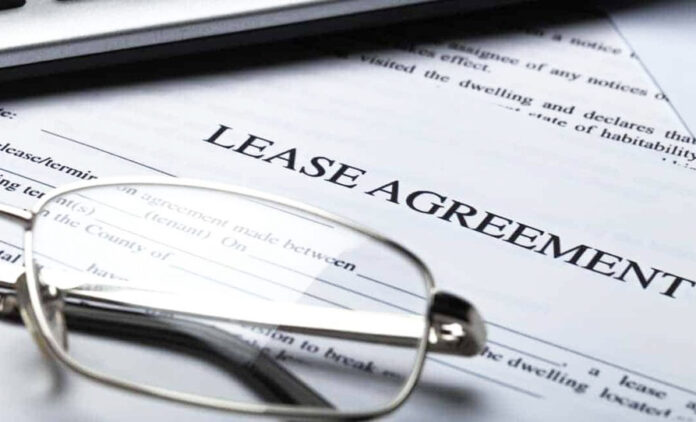
Q: I recently set up a small business and was trading out of a small unit in an industrial estate. I have always dealt directly with my landlord and signed a ten year lease on a fairly low fixed rent. Business has been booming and the unit is now becoming too small for my needs. I handed back the keys and nothing more was said, but I knew he wasn’t happy. The landlord put up a sign to re-let the premises and renovated the place. I have now received a solicitor’s letter looking for arrears of rent. I thought he accepted that I had left, although I still have eight years left to run on the lease. Is there anything that I can do?
A: The terms of your tenancy are in the lease agreement you would have signed. It would be most unusual to allow a tenant or a landlord unilaterally break the lease without showing any cause.
While there is often a ‘break’ clause contained in commercial leases, those can usually only be exercised on giving notice and only at certain times. It is not sufficient for you to simply hand back the keys at a time that suits you and walk away. In legal terms, you have attempted to surrender the property, but your landlord has not accepted the surrender.
In cases like this, you are obliged to continue to pay the rent and, if you fail to do so, the landlord may sue you for the sums accruing, as well as for legal and other costs.
The fact that the landlord contacted you through his solicitor after you left the property is immaterial.
The landlord is entitled to make efforts to re-let the property, and can seek to recover rent up to the date that the property is re-let.
That said, the landlord can be deemed to accept the surrender of the premises in certain very limited circumstances.
Carrying out essential maintenance or renovation works, securing the property, and even changing the locks on the premises may not be regarded as being acts that would amount to the acceptance of a surrender on the landlord’s part. These would be regarded as being acts that a prudent landlord would expect to be carried out, and in such cases you would remain liable.
However, removing your name from the premises, allowing another to occupy the premises, or redecorating the property substantially may be classed as being acts which would amount in law to an acceptance of a surrender.
Each situation would have to be decided on its own merits, and in light of the wording of the lease you signed.
What is clear, however, is that your landlord is entitled to recover some, if not all, of the rent from you. You should make contact with your solicitor to resolve this matter.


